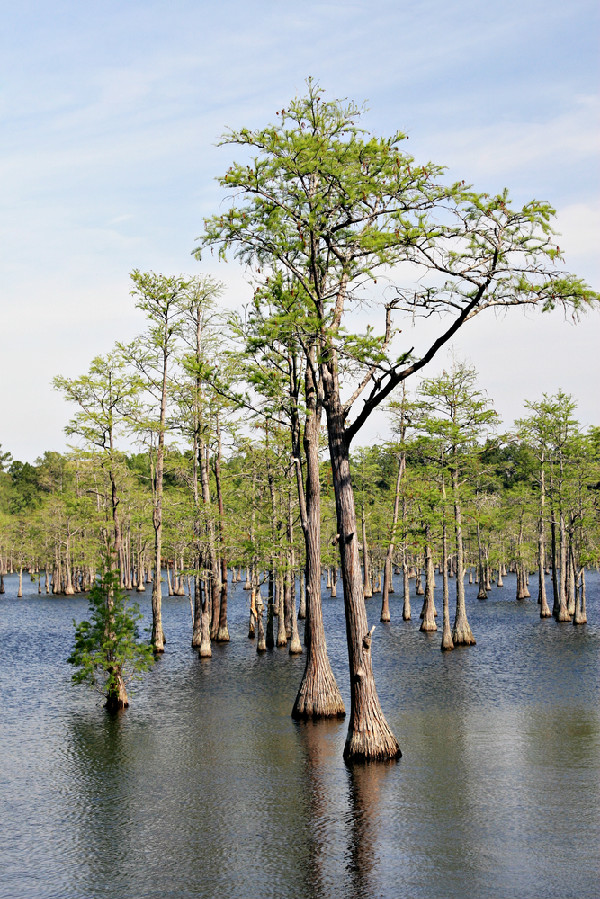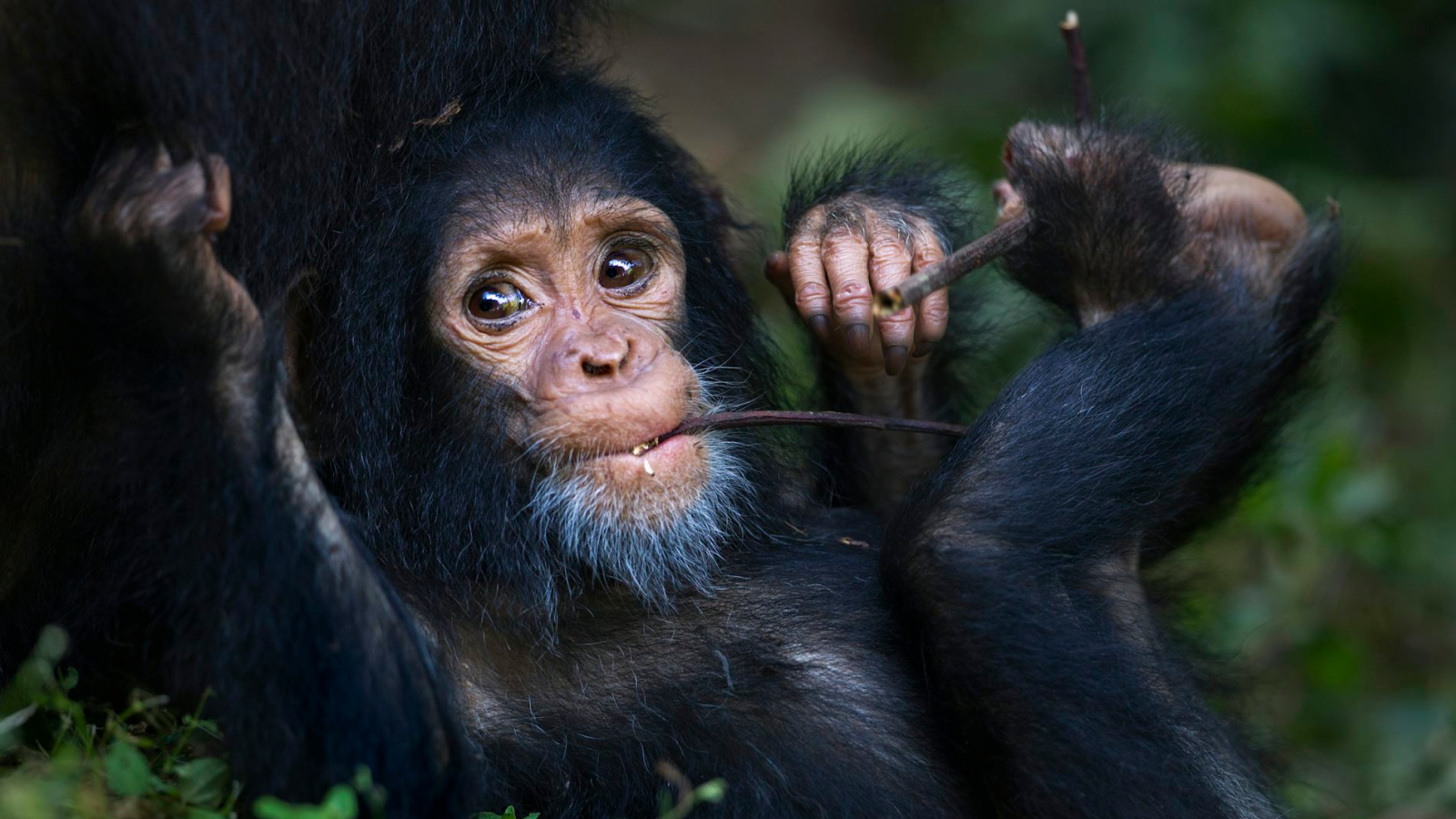Cypress Trees Saw Rupturing of Earth's Supercontinents

An ancient family of trees, the cypresses, got their start on the supercontinent Pangaea before it split apart. New genetic research indicates this continental split helped shaped the evolution of these trees, which now include giant redwoods and sequoias.
More than 200 million years ago, Pangaea contained all the modern continents, squished up against one another. The separation of these continents isolated populations of living things, putting them on different evolutionary paths.
Scientists have already found evidence of the separation of the continents in the family histories of reptiles, amphibians and mammals.
"Until now, there has been no equivalent evidence for any plant family," writes an international team of researchers in a study published May 1 in the journal Proceedings of the National Academy of Sciences.
The cypress family, Cupressaceae, a group of conifers with scalelike leaves, is believed to have originated more than 200 million years ago, when Pangaea was still intact, according to the researchers.
By looking at changes in the DNA (deoxyribonucleic acid, the code that makes up genes) of 122 species of cypress, the researchers were able to reconstruct a timeline for their evolution. They also included fossil evidence in the analysis.
The most recently evolved subfamilies of cypress, Cupressoideae and Callitroideae, split from each other about 153 million years ago, as the two remnants of Pangaea pulled away from each other. The northern half, Laurasia, contained what would become North America, Greenland, Europe and much of Asia, while the southern half, Gondwana, would later become South America, Africa, India, Antarctica and Australia.
Get the world’s most fascinating discoveries delivered straight to your inbox.
The legacy remains. Living members of Cupressoideae occur mainly in former Laurasian continents, while Callitroideae are found on the fragments of what was Gondwana, write the researchers led by Kangshan Mao of Lanzhou University, China.
Cypress are now found on all continents except Antarctica, they note.
You can follow LiveScience writer Wynne Parry on Twitter @Wynne_Parry. Follow LiveScience for the latest in science news and discoveries on Twitter @livescience and on Facebook.



